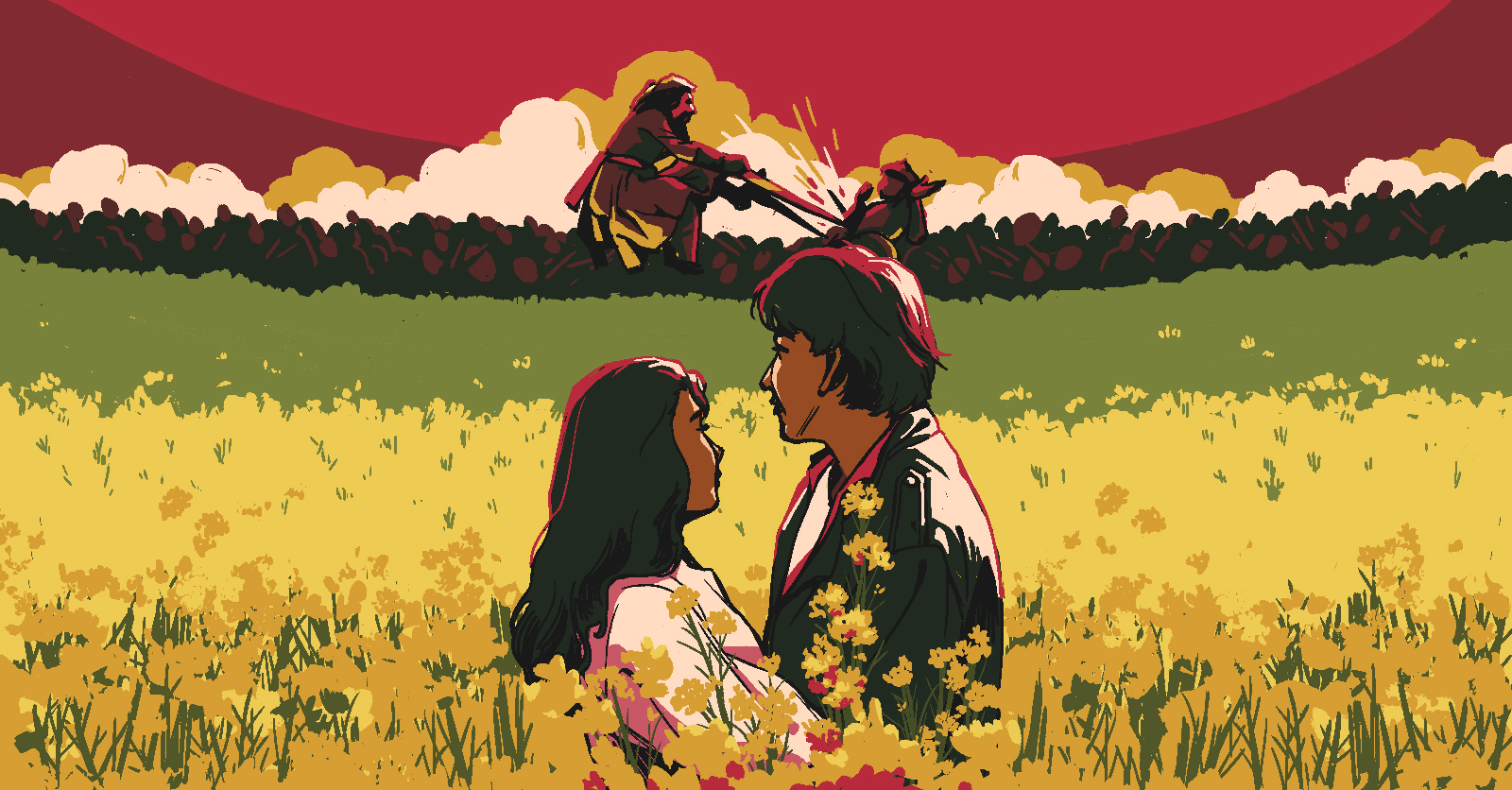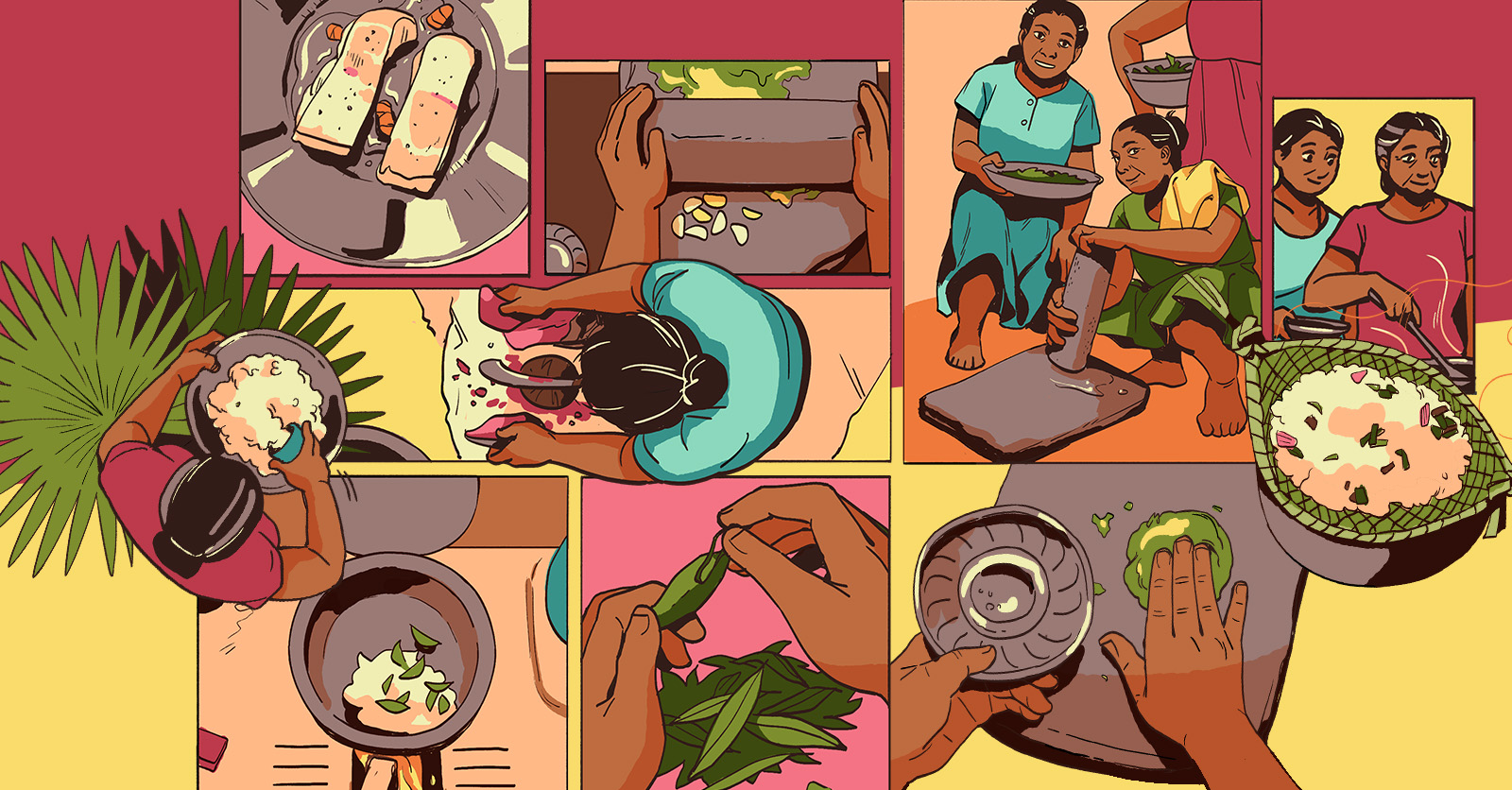
Chagos Islands
The last British colonial obsession?
by Kathy XuThe remote Chagos islands situated in the Indian Ocean, has been a British colony under Africa, since 1786. Also known as the Chagos Archipelago, it comprises seven atolls and 60 islands in total, clustered 1,600 kilometres south of the southern coast of India.
The remote Chagos islands situated in the Indian Ocean, has been a British colony under Africa, since 1786. Also known as the Chagos Archipelago, it comprises seven atolls and 60 islands in total, clustered 1,600 kilometres south of the southern coast of India.

Map of the Chagos Archipelago or Chagos Islands.
The British Overseas Territories (BOT) refers to fourteen far-flung possessions of the British during the colonial period, but which are not considered a part of the British constitution. The Chagos islands, including Diego Garcia, are part of the BOT under the British Indian Ocean Territory (BIOT).
In 1965, Britain bought the Chagos Islands from Mauritius for three million pounds. However, this was seen as an "unlawful sale" that the Mauritian leaders were arm-twisted into, as they had to sell the islands in 1968 to secure their independence from the British as a crown colony. This was in violation of the United Nations resolution 1514 whereby colonial territories have an inviolable right to maintain their “territorial integrity” and “national unity” following independence.
In 1966, UK leased the largest island in Chagos, Diego Garcia, to the US and allowed them to build a military base on the island and have control over it for the next 50 to 60 years for a mere US$1 per year, renegotiable for another 20 years thereafter. This base would come under British sovereignty but be under American administration. In exchange, the UK would obtain Polaris nuclear missiles technical expertise from the US.

Map of Diego Garcia, an atoll among the Chagos Islands.
The then existing local population of 1,500 Chagossian islanders, who are of Creole descent, were evicted on overcrowded cargo ships. From 1965, they were forcefully moved to Seychelles and Mauritius islands over the course of ten years. This was done to deny the very existence of the indigenous population on the island. To make things worse, the living conditions of the expelled Chagossians were dismal, with UK offering little to no support to them after they were moved. The pet dogs of the islanders were also forcefully taken from them, rounded up to be gassed to death and their carcasses burnt, right in front of the children who used to love them as their pets.

The Nordvaer ship that the Chagossians were transported in
The US military base of Diego Garcia has been instrumental in helping the US efforts in the greater Middle East during the 1980s. Having a deep natural port, being in an area that was historically free from cyclones, and being strategically located within international shipping lines, Diego Garcia proved to be ideal as a US military base to protect its oil supplies in the Middle East. When the US attacked Iraq in 2003, Diego Garcia's proximity to the Middle East made it an ideal refuelling and launching point. The US also wanted a base that was near enough to India during the Cold War, as India was a potential ally to the Soviet Union.
Today, Diego Garcia remains one of the largest, active US military bases in the world. Camp Justice, which was renamed Thunder Cove in 2006, alone holds about four thousand troops.
Over the years, the British have acknowledged regret over the eviction of islanders from Diego Garcia. Despite this, they have constantly disallowed them to return to the island. In addition, nothing has been said with regards to when the islands would cease to be a military base and be returned to Mauritius. In 2000, the British High Court ruled the expulsion of the islanders to be an illegal act, and gave the Chagossians the right to return to all islands in the archipelago and be granted UK citizenship. Yet, this was stopped by the British Labour government with the power of the Royal Prerogative, and essentially prevented the islanders from ever going back to Diego Garcia, on grounds that a feasibility study conducted suggested this move would be too costly.
Displaced and exiled to Mauritius and Seychelles, the islanders found themselves jobless, homeless, and eventually poverty stricken without any medical or job search assistance from the British.
In 2010, the British government declared the territories to be the “Chagos Marine Protected Area”. While the move has made the United Kingdom a leader for marine protection (Chagos Island is one of the world’s largest marine reserves), it can be interpreted as a way to ensure the islanders will never be allowed to resettle on the Chagos islands.
At the same time, it continues to function as a military base. In 2016, the US renewed its lease to occupy Diego Garcia for another twenty years.
Timeline of events in the Chagos Islands
The UK is still fighting to hold on to Chagos island as its last African colony. On 22 June 2018, the legality of UK’s actions was again questioned by the United Nations General Assembly (UNGA).
The International Court of Justice has taken up the case in September 2018 after the United Nations General Assembly voted for a legal resolution backed by Mauritius. Britain has three countries backing its claim on the islands, USA, Australia, and Israel, while the Mauritius has seventeen nations backing its claim. As Mauritius' primary ally, India is being pushed to submit a written statement to the ICJ supporting the island nation’s claim to the Chagos Islands.
The fate of the Chagossians and the Chagos Islands lies in an ICJ decision that will be conferred by March 2019. The verdict, whatever it will be, is going to be merely advisory and not legally binding. If ruled in Mauritius' favour, however, it would strengthen Mauritius' position in future negotiations.
For the British, retaining control over the Chagos Islands will be critical in order to continue having the right to lease Camp Justice to the US. By the same token, Diego Garcia is an expensive and valuable military base to respond to tensions in the Middle East. Neither nation is likely to easily surrender control of the remote Chagos Archipelago.
Update on story: In a UN General Assembly vote on 22 May 2019, 116 states were in favour of UK returning control of the Chagos Island to Mauritius. Six states were against, while fifty-six states abstained.











